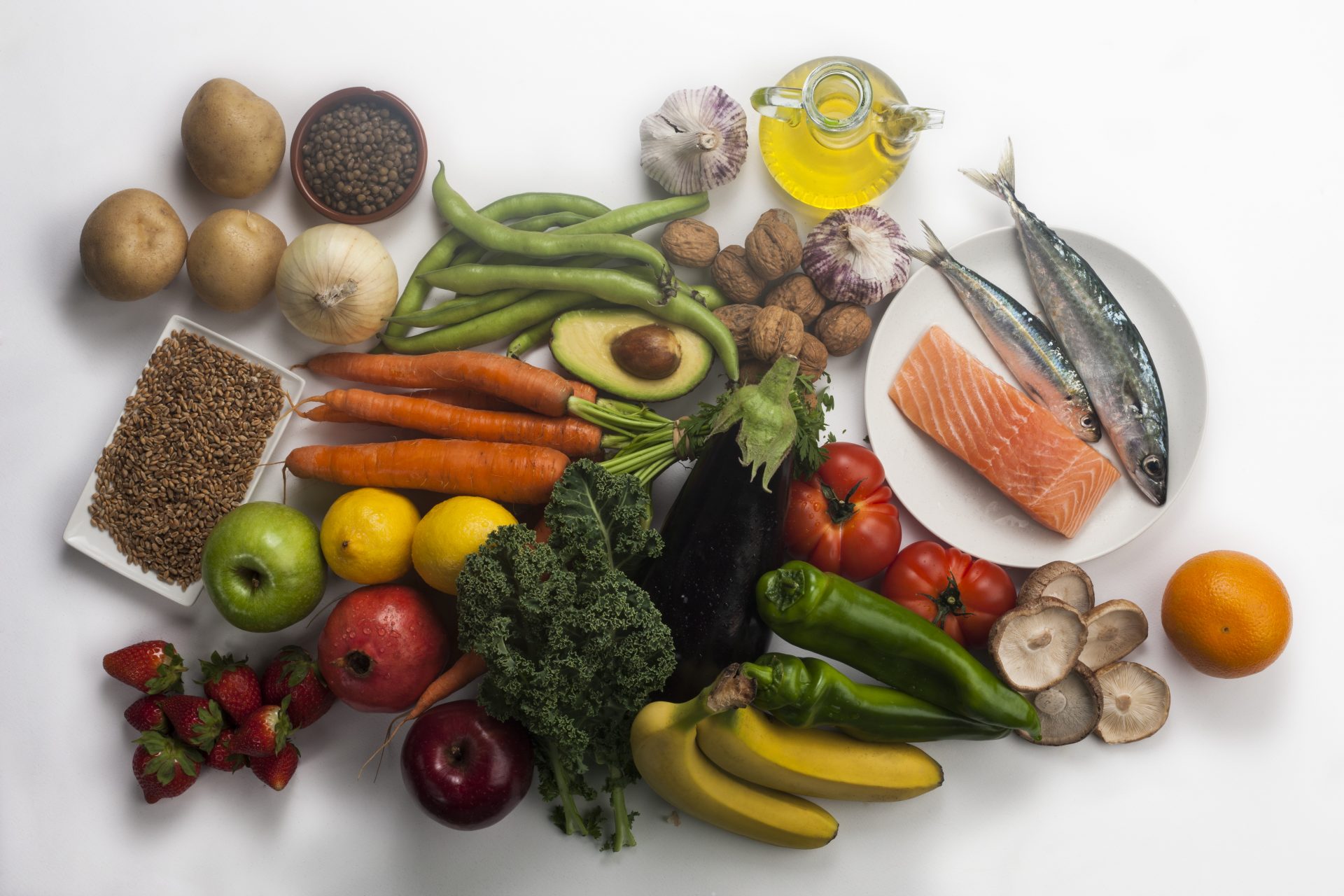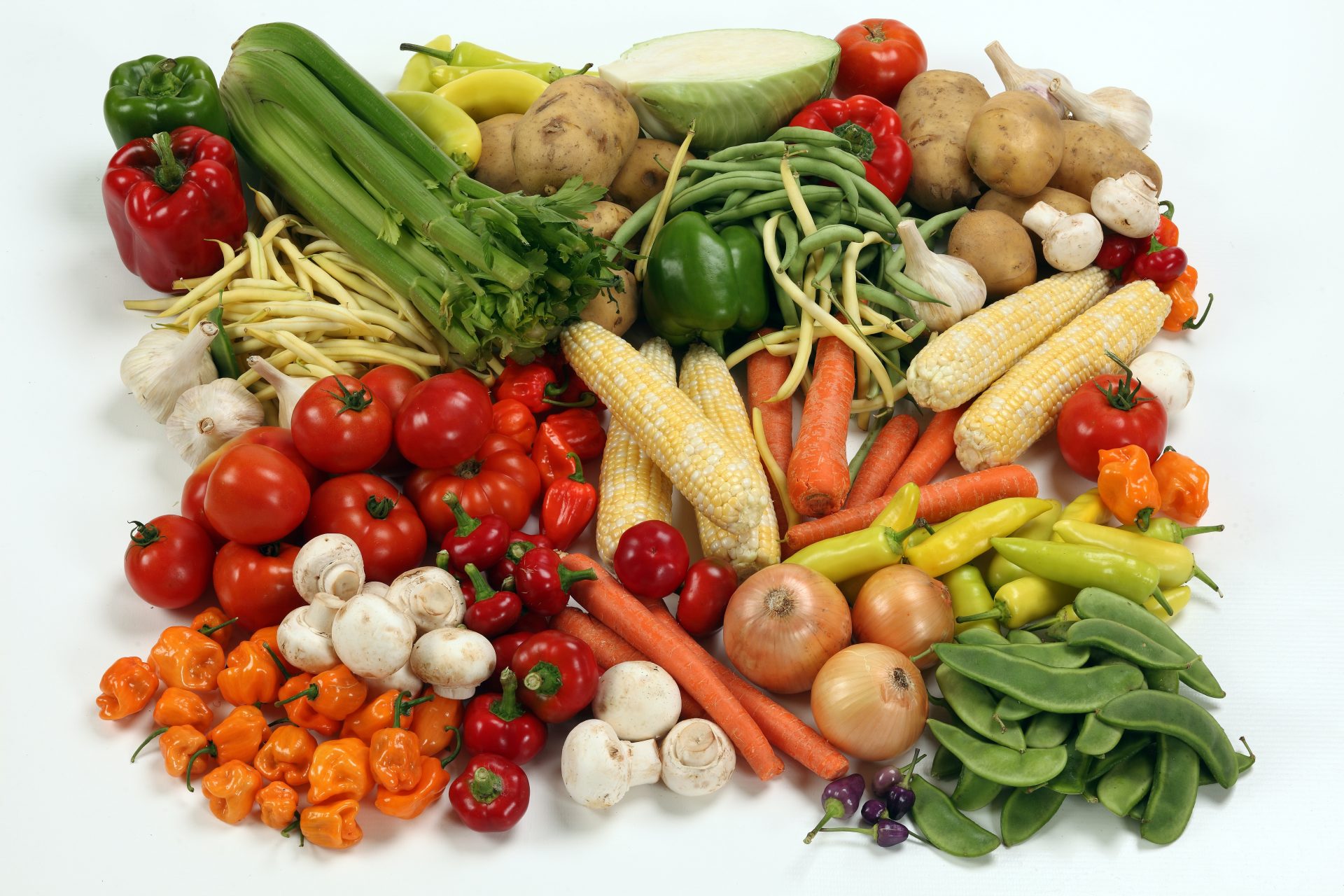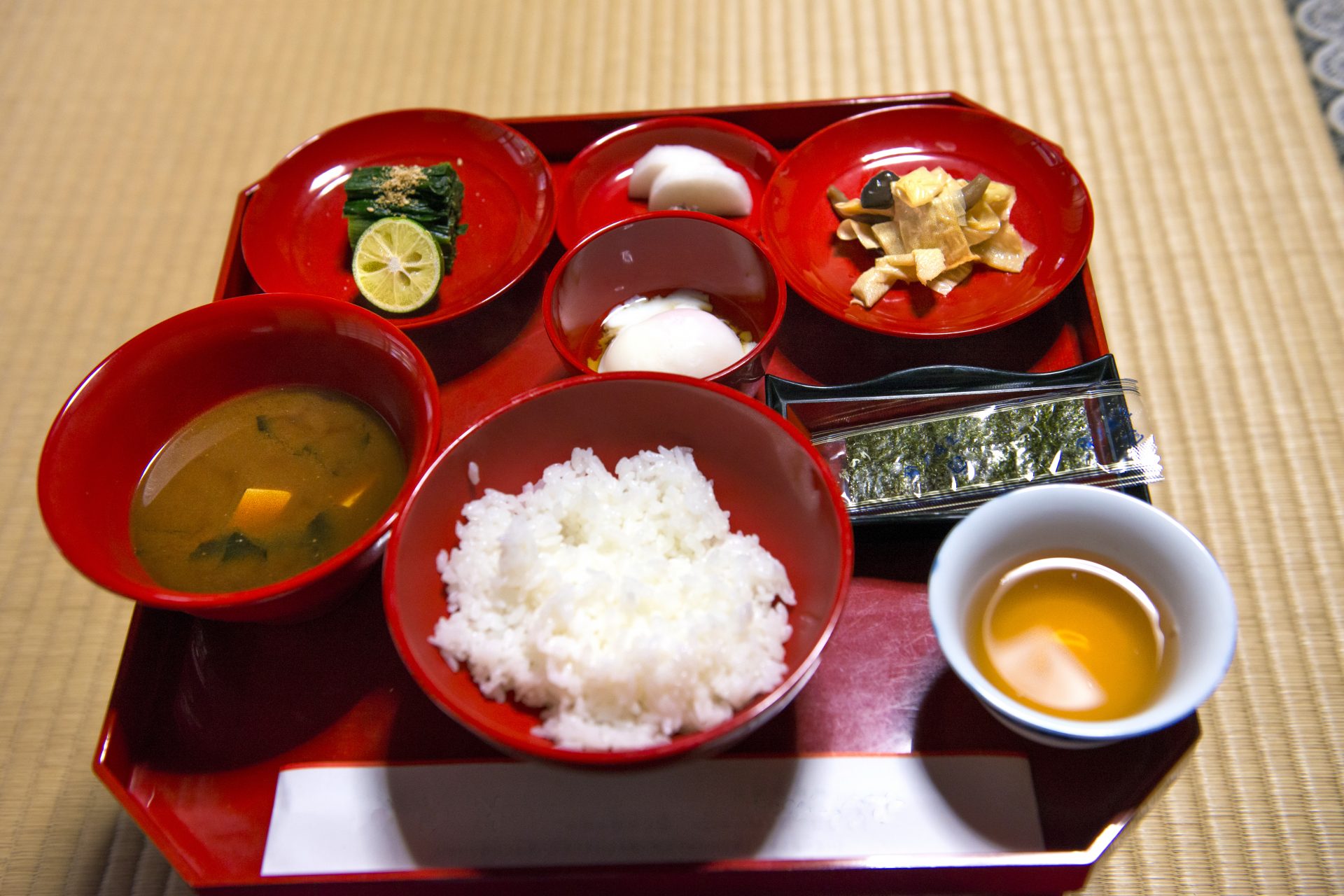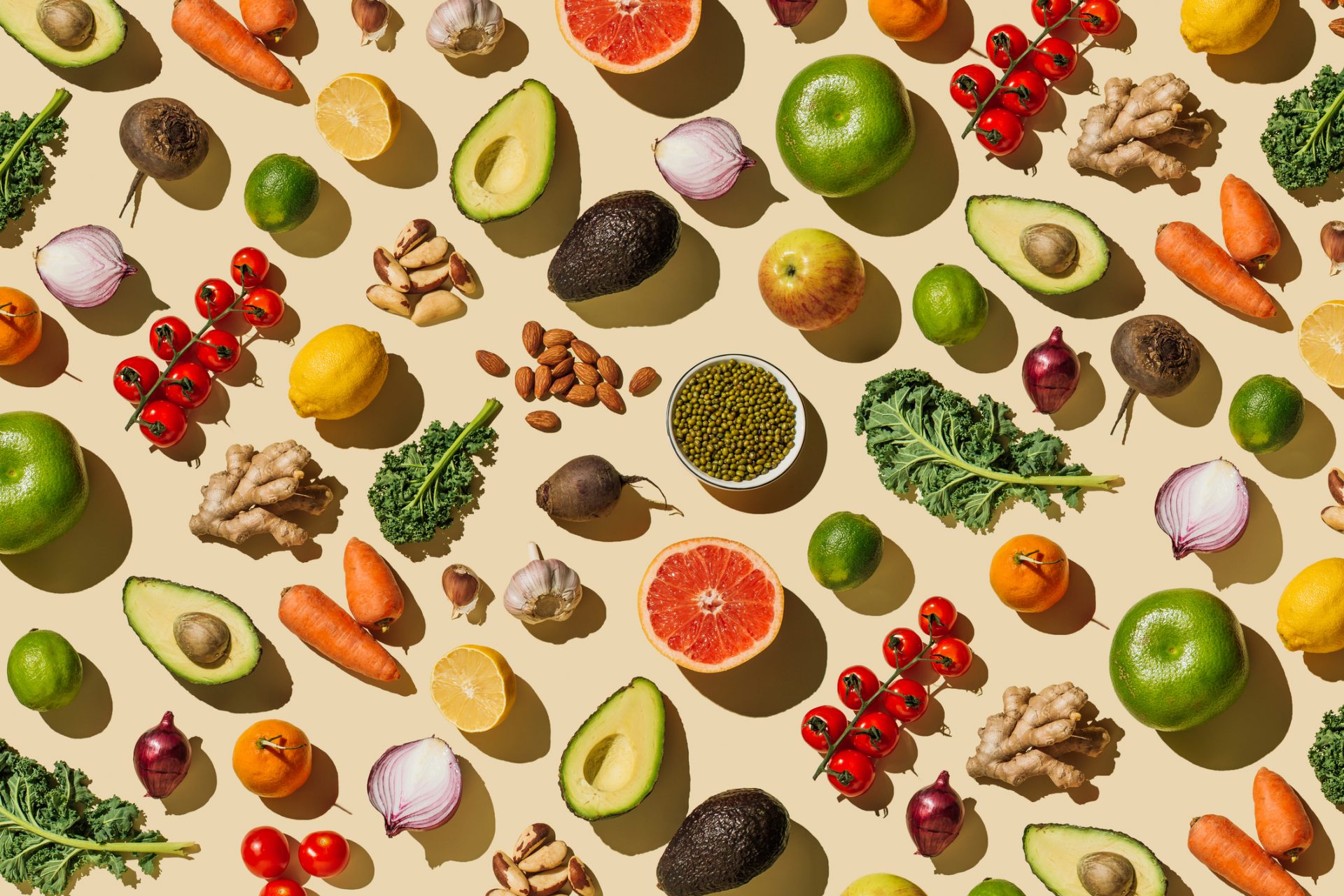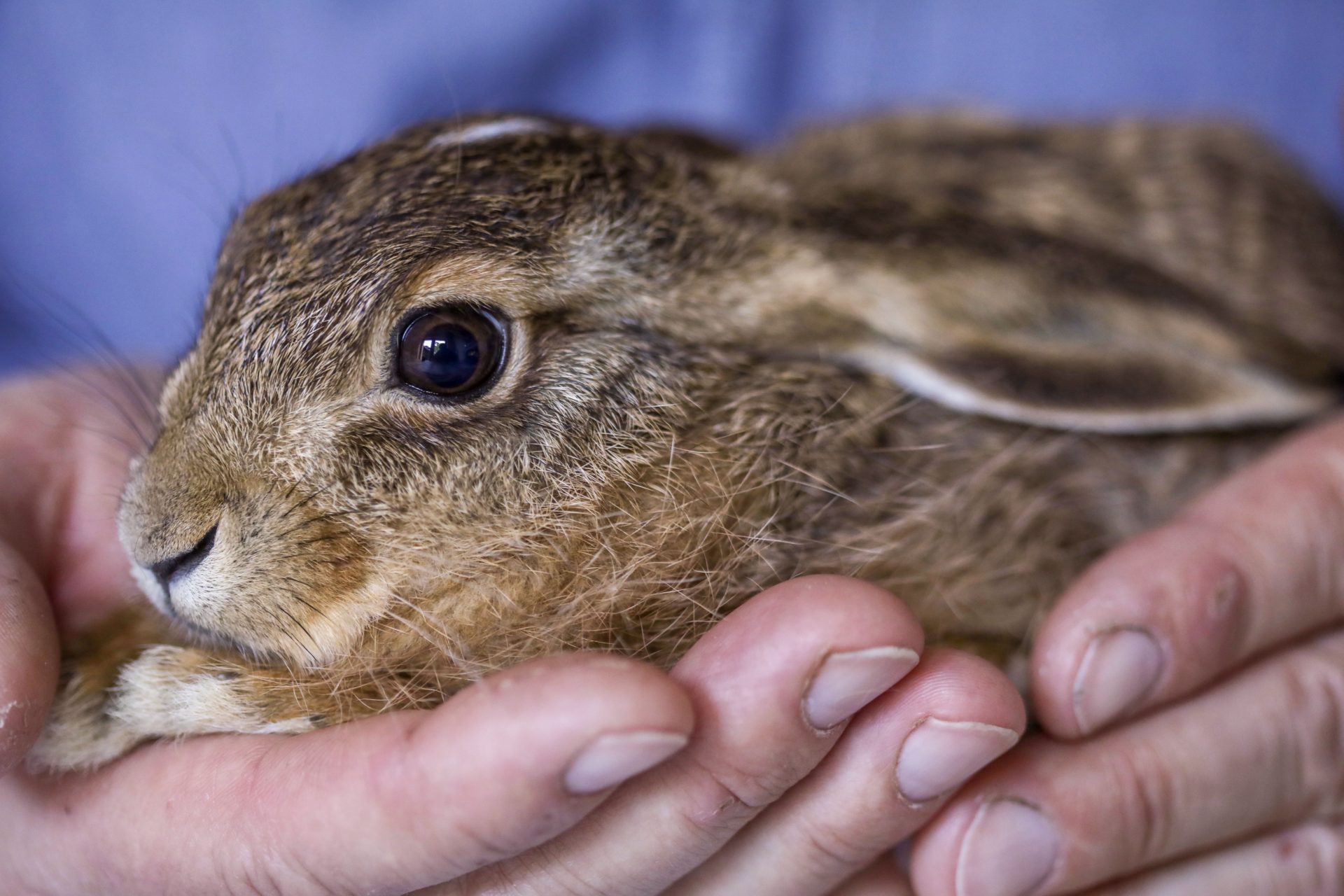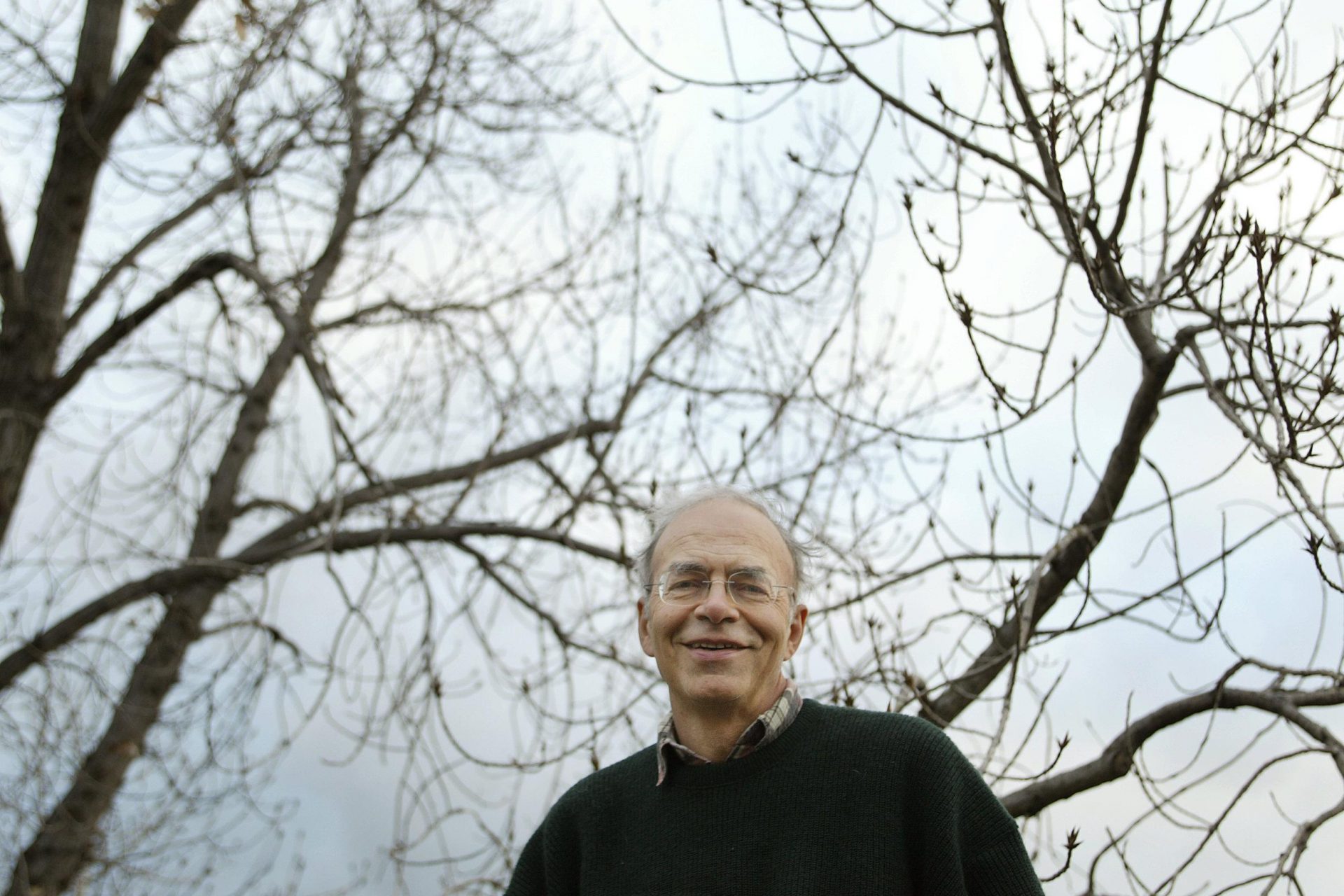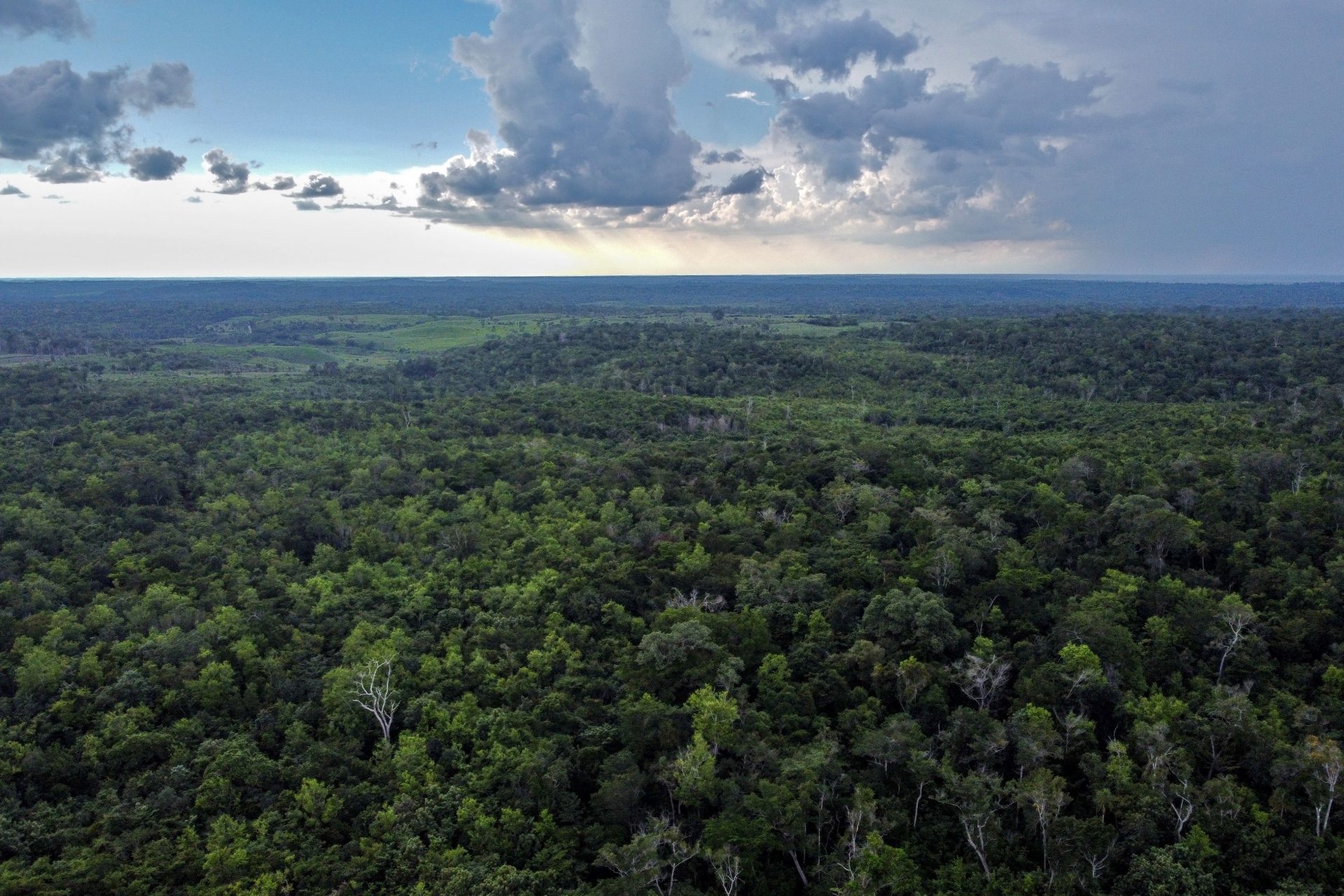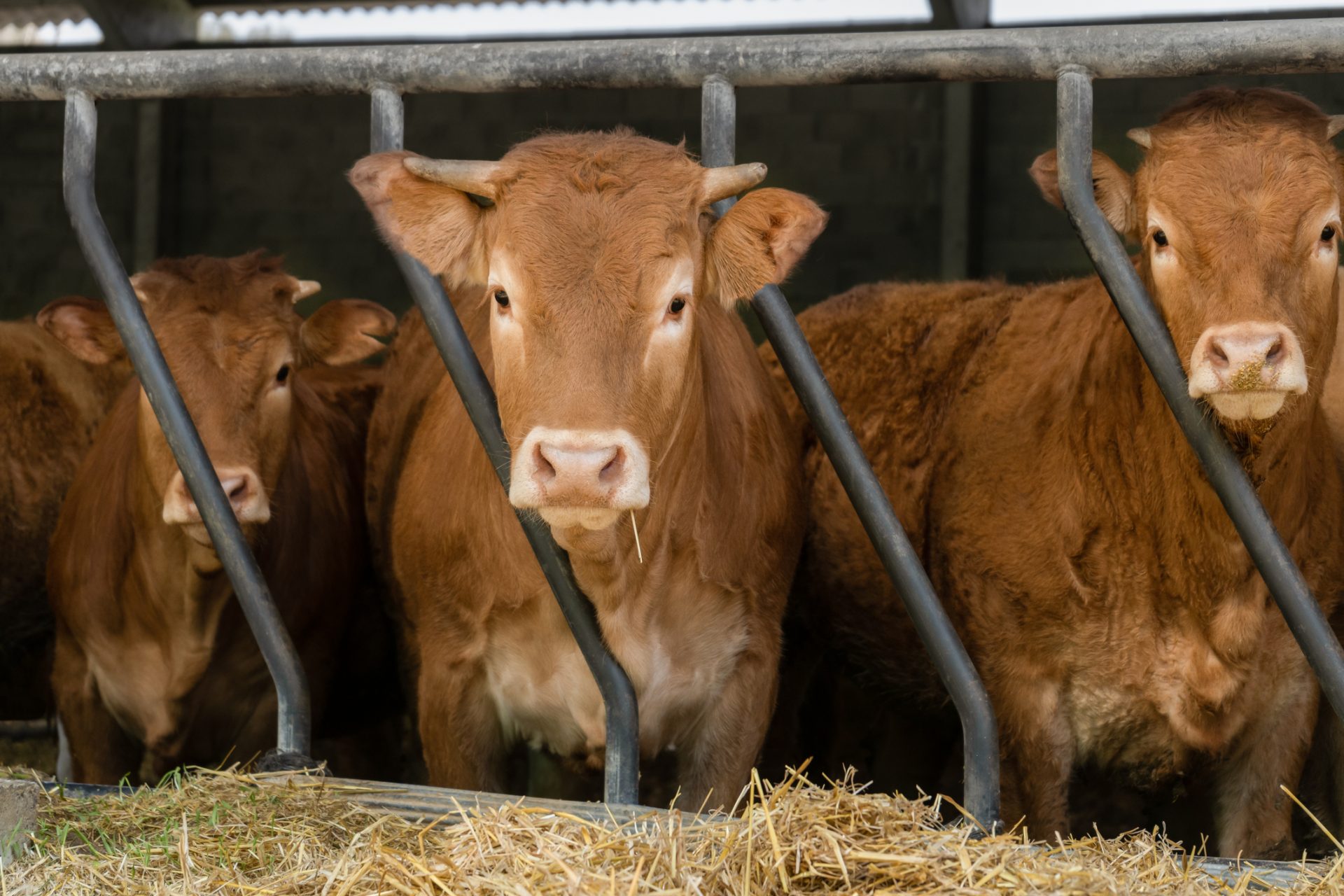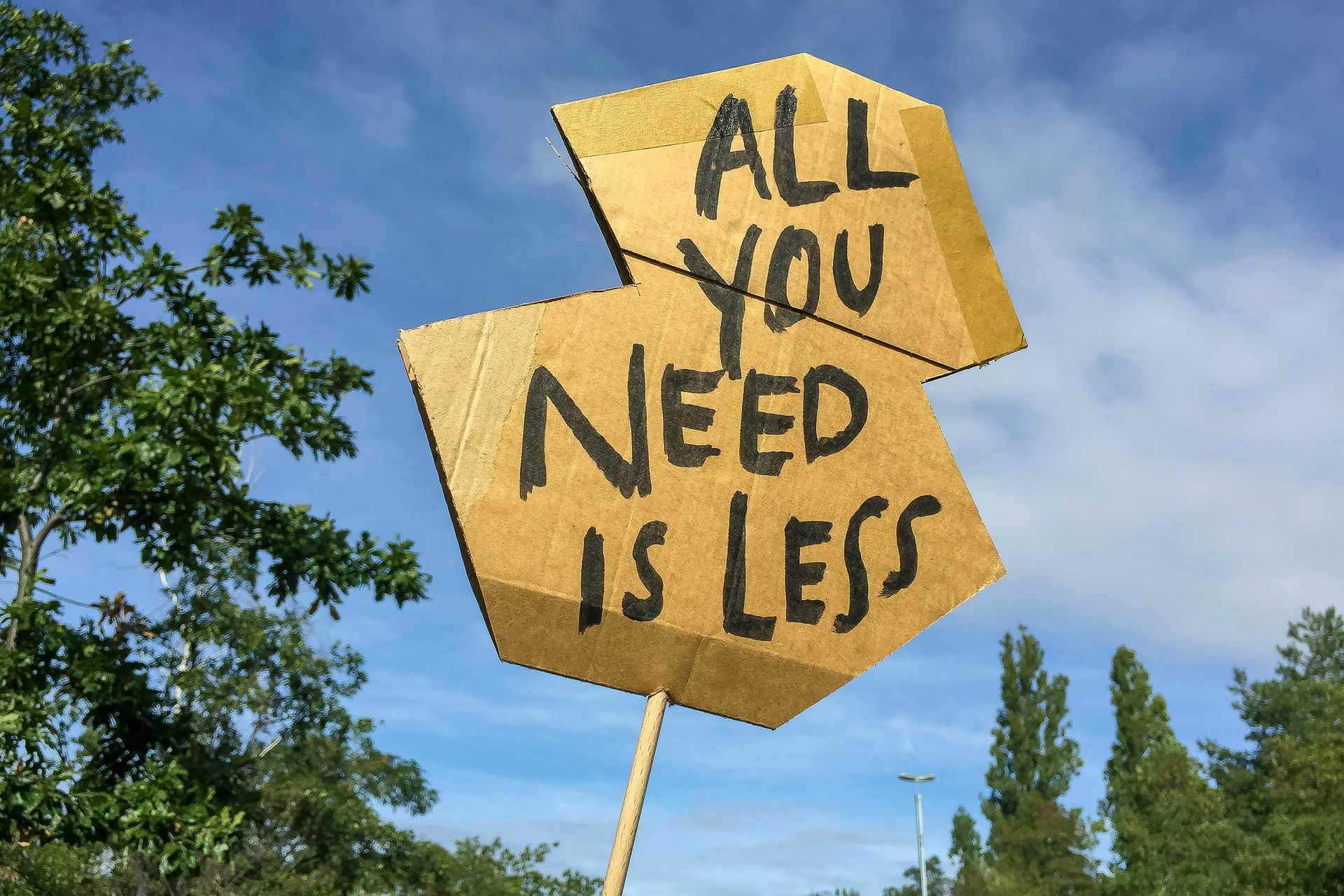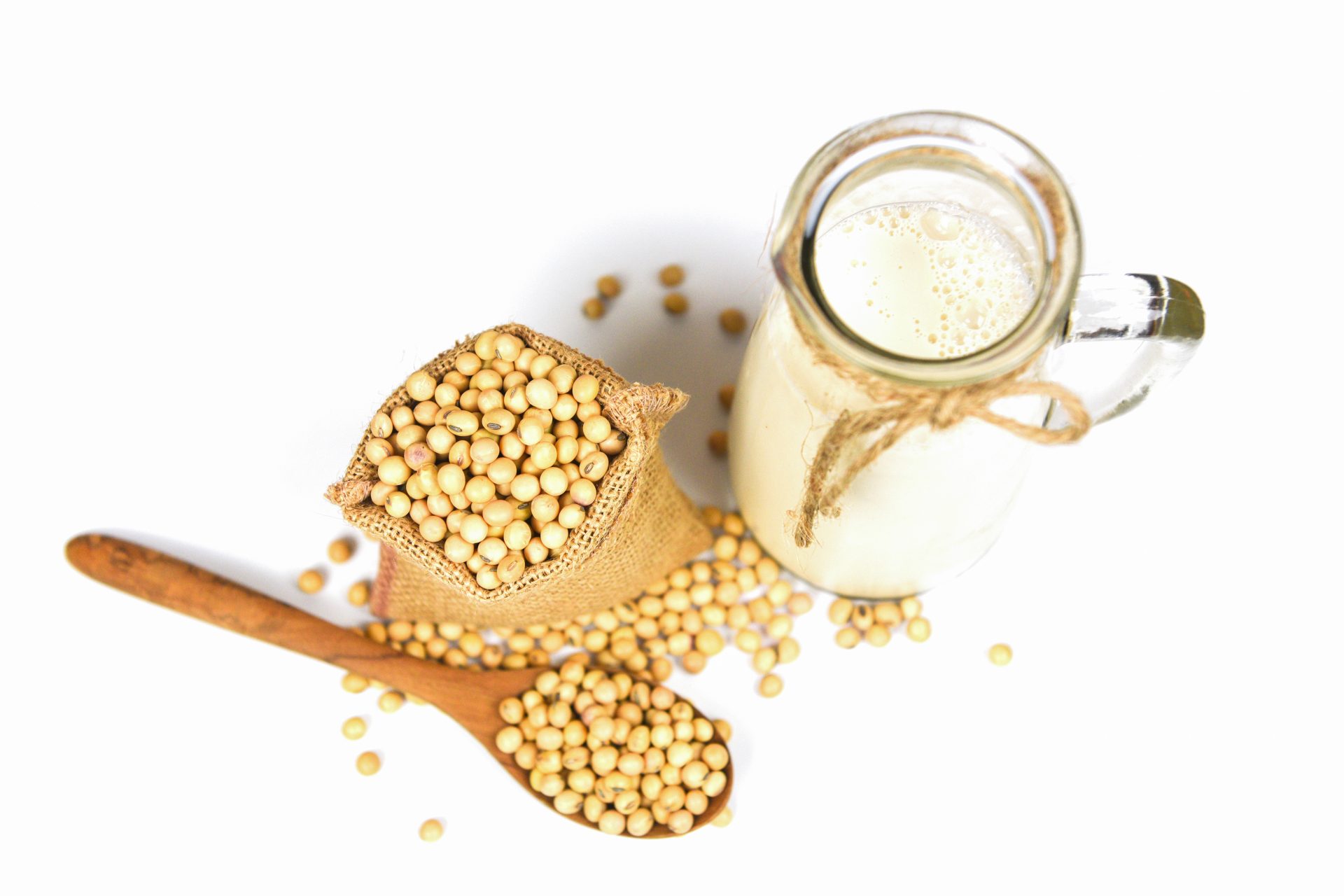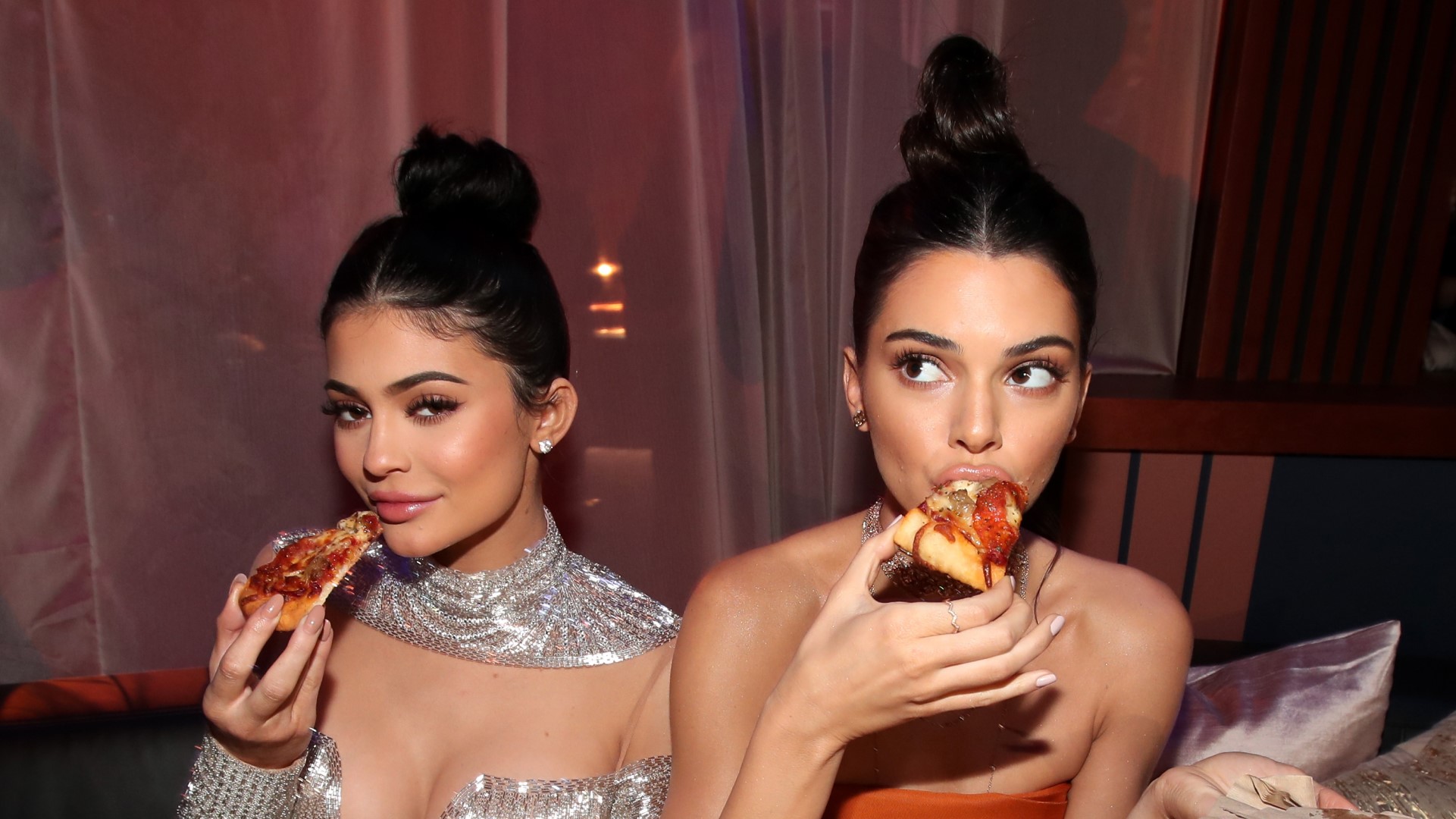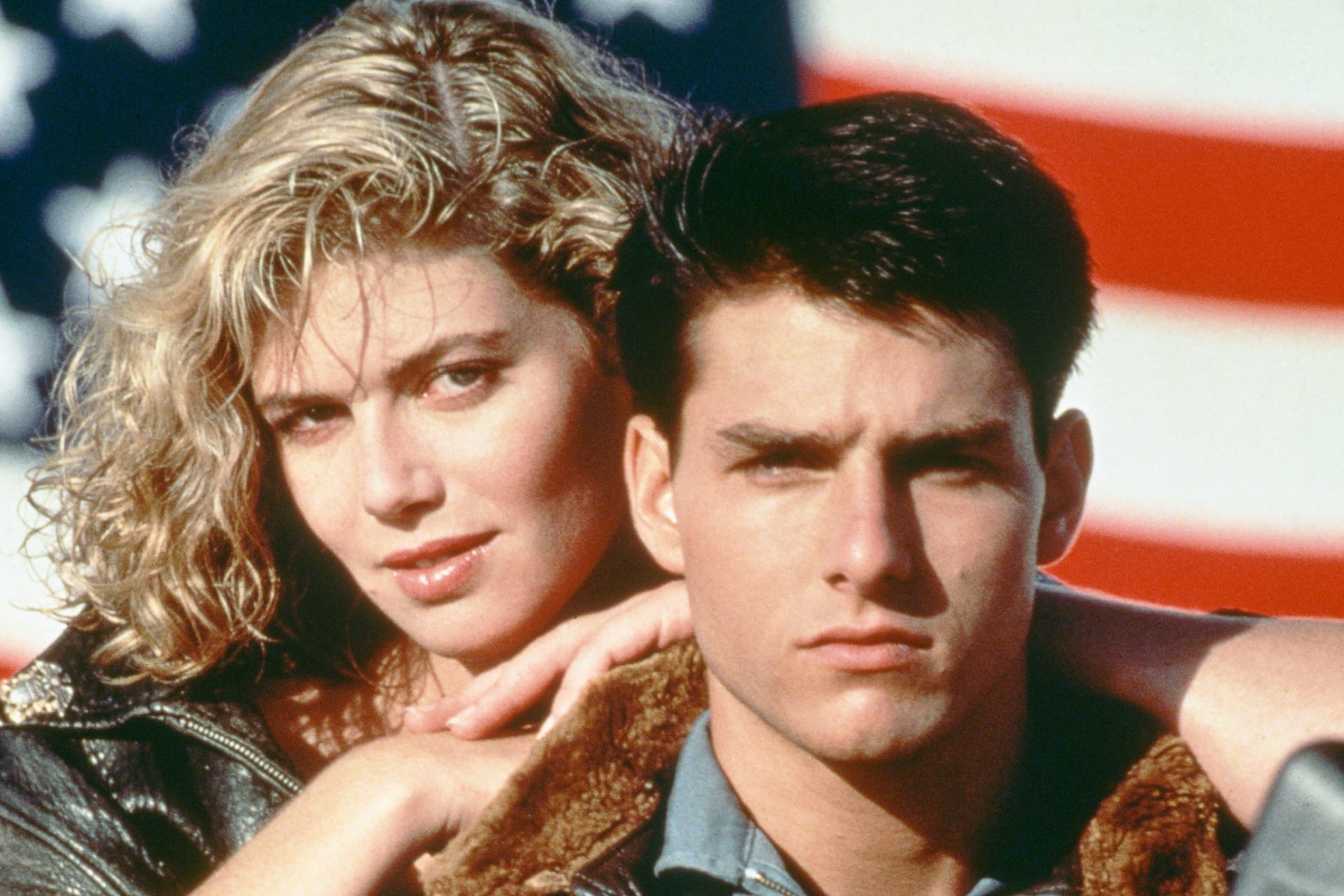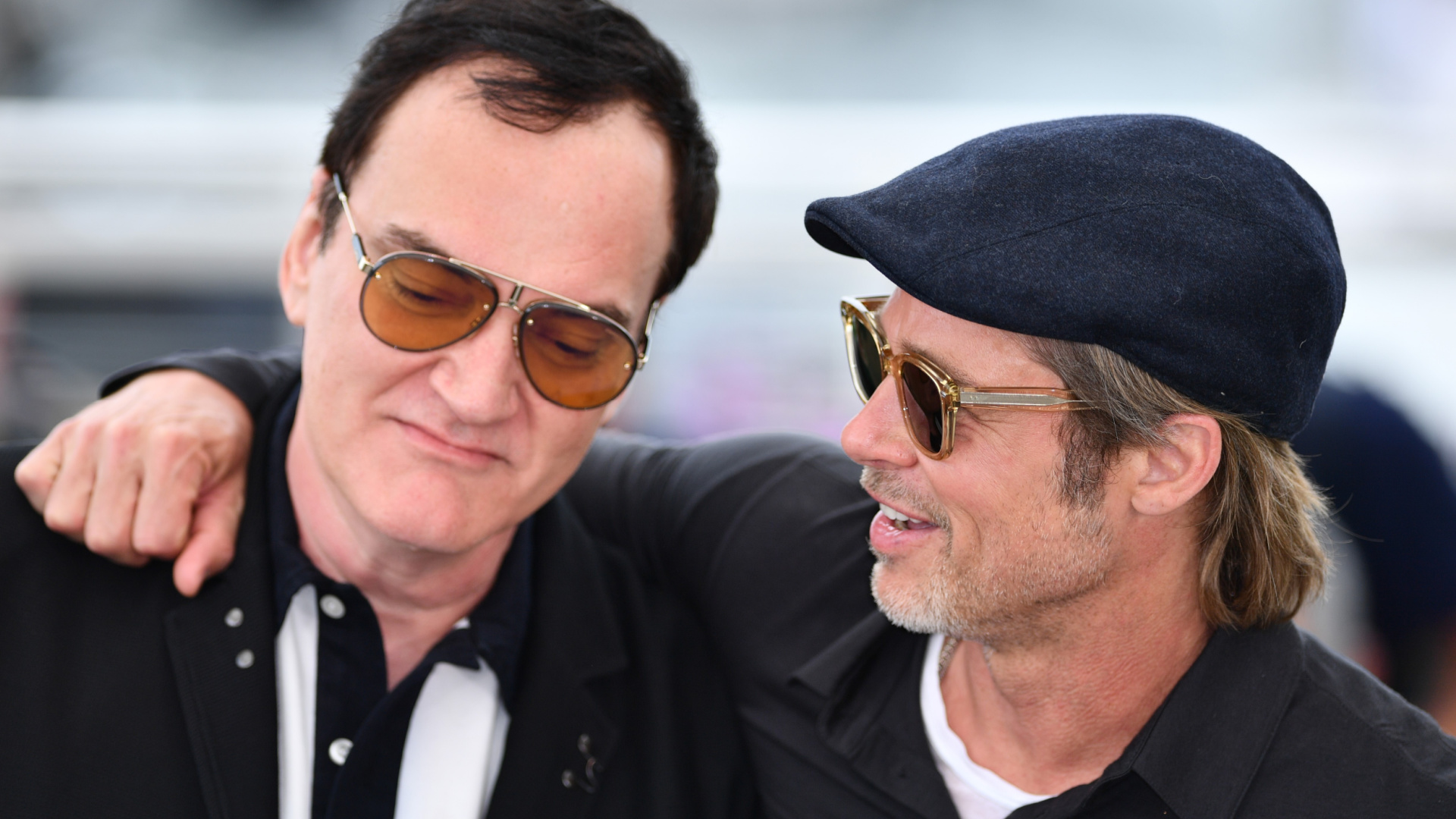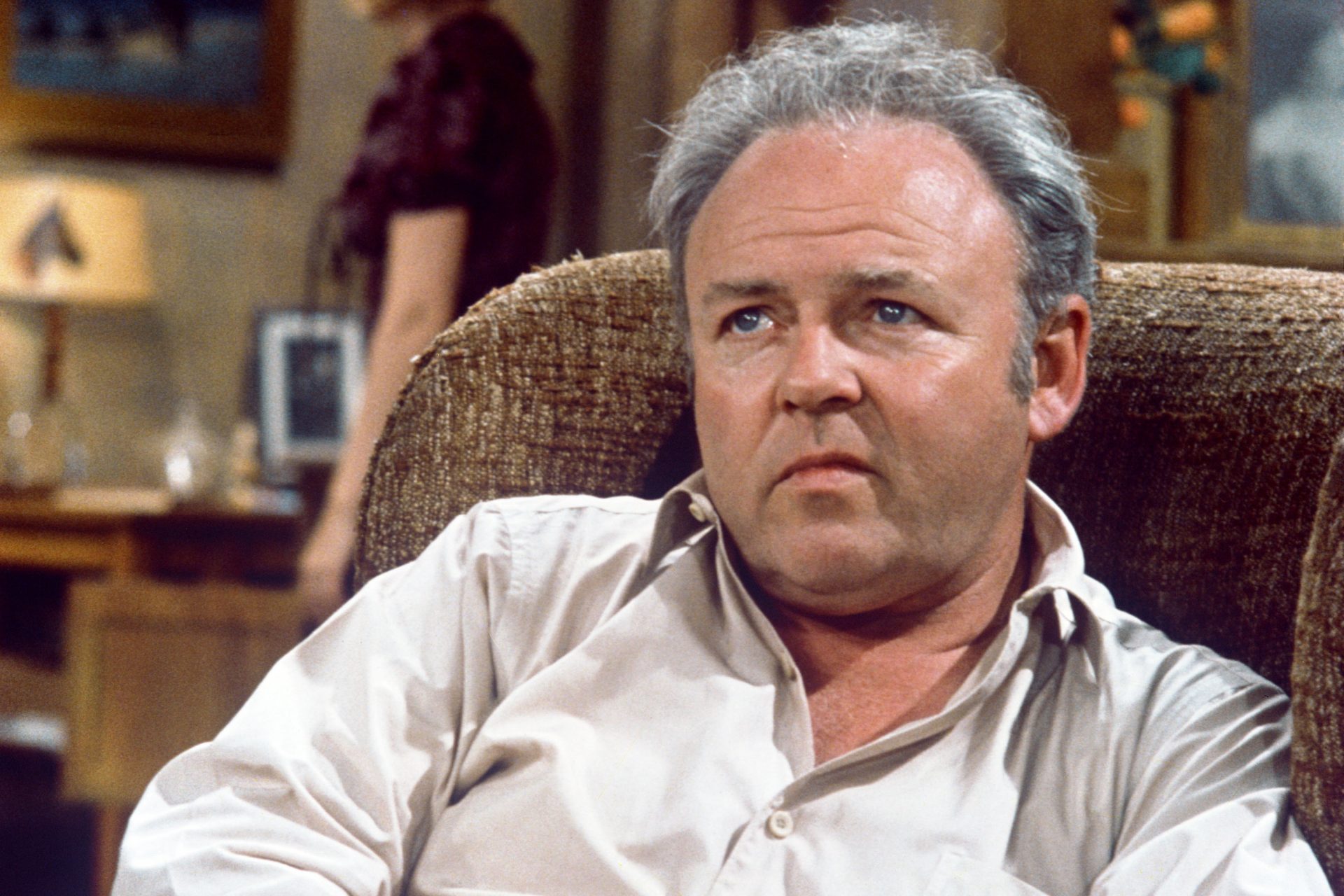What is vegan? What's the difference between veganism and vegetarianism?
Many people have probably heard of the terms vegan and veganism. Recently, the number of people practicing veganism has been increasing, and celebrities have mentioned their vegan habits.
But what exactly is veganism, and what kind of people are vegans? How is it different from vegetarianism? We answer these questions in the following slides!
Image: Randy Fath / Unsplash
Historically, the history of vegetarian diets is longer than you may think. Many of the vegetarian diets of the past were practiced for different reasons than modern veganism, so we need to be careful about simply equating them with each other. Yet, we can be certain that veganism is by no means a new trend.
For example, in ancient Greece, the philosopher and mathematician Pythagoras was known for not eating meat. Until the term "vegetarian" was coined in the 19th century, vegetarians were often called "Pythagoreans."
Image: Pythagoras in Raphael's 'The School of Athens' / Wikimedia Commons
There are religions, such as Jainism, that forbid harming animals and promote similar eating behaviors to veganism. In Japan, the tradition of shojin ryori, a vegan or vegetarian diet associated with Buddhism, is probably well known.
The formation of the Vegan Association in 1944 is considered to be a milestone in the beginning of the modern vegan movement. At this time, the word 'vegan' was proposed, and 'vegan' was created as a shortened form of the word vegetarian. This does not mean they are the same thing though.
Donald Watson was a central figure in the formation of the Vegan Association. He was the person who invented the word vegan. Watson was a passionate advocate of animal rights and his veganism was strongly influenced by this philosophy.
Philosopher Peter Singer also played an important role in the establishment of ideological aspects of veganism. He studied animal ethics from a utilitarian standpoint and provided a major rationale for veganism.
Modern veganism is based not only on animal rights, which Watson and others initially focused on, but it also has to do with environmental issues. In any case, for many people, veganism is not simply a question of diet.
On a practical level, veganism is about avoiding any unfair use or exploitation of animals for the benefit of humans. This means that the living practices of vegans are not limited to dietary restrictions but also ideally avoid the use of any animal products.
It goes further than vegetarianism, as it is not only about avoiding meat in one's diet. Vegans also try to do without any product that results from the exploitation of animals.
Anything in which animals are part of the production process, vegans try to eliminate from their diets and their lives. Vegans do not only think the killing of chickens for consumption is wrong, but they also go without eggs.
At the same token, vegans will avoid beef but also milk, butter, or cheese.
Being vegan also involves rejecting leather products and - for some strict vegans - even wool, as they do not consider it likely that the animals providing the wool have been treated fairly. In fact, the Vegan FTA NGO claims, it's nearly certain that the sheep whose wool we wear, have been raised especially for that purpose. And that is exploitation, they say.
Image: Kelly Sikkema / Unsplash
Vegans also avoid foods in which gelatine is processed, such as marshmallows or gummi bears. Since gelatine is extracted from the skin and bones of livestock, it is considered a product of the exploitation of animals.
Vegans will also try to avoid as much as possible any pharmaceuticals or cosmetics that have been tested on animals. Here we see actress Pamela Anderson protesting the use of animals for testing negative reactions to products.
Whereas veganism tends to cover an entire lifestyle, vegetarianism is more focused on one's attitude towards eating.
Vegetarians may still incorporate dairy products, leather, or animal-tested makeup into their lives because no animal was killed to produce them. They assume that there was no unfair treatment of the animals when they provided people with, for example, leather or gelatine.
Even if vegetarians still make use of animals in one way or another - except for their meat - it is far from pointless to only leave fish and meat out of your diet while you are still eating dairy or gelatine. In fact, just going from a meat-based to a vegetarian diet is already a big step forward for the environment.
Apart from the negative consequences of overfishing in the sea to feed the human population, there is also a lot of research pointing at the negative consequences of livestock on the environment.
Research published in Nature in 2023 suggests that switching to a vegetarian diet can lower your dietary carbon footprint by up to 75%.
Image: Etienne Girardet / Unsplash
While it's not the most important part for vegans, a diet without meat and dairy has benefits for a person's health. According to research cited in Encyclopedia Britannica, a vegan diet lowers the risk of cardiovascular disease and type 2 diabetes.
Image: Sharon Pittaway / Unsplash
However, it cannot be denied that there are nutritional risks associated with a vegetarian diet. Meat and dairy products contain the important nutrients of protein.
Image: Tyrrell Fitness And Nutrition / Unsplash
If you're interested in veganism and want to incorporate it into your life, don't suddenly stop eating meat, but make the transition in stages.
What is often recommended is to start by adopting a vegetarian diet for a set period, such as a few days. Nowadays, vegetarian and vegan meals have become more readily available.
In addition, you can also take supplements for the nutrients you will be lacking without meat and/or dairy. Many stores sell food with added protein, for example. And if you're going even further and stop drinking milk, there are soy, oat, and rice-based alternatives.
All in all, veganism is a comprehensive way of thinking that goes beyond the level of personal eating habits and extends to the ethics of society. Even if you don't plan on becoming vegan right away, it's good to think critically about the food industry and the way animals are used for our enjoyment.

